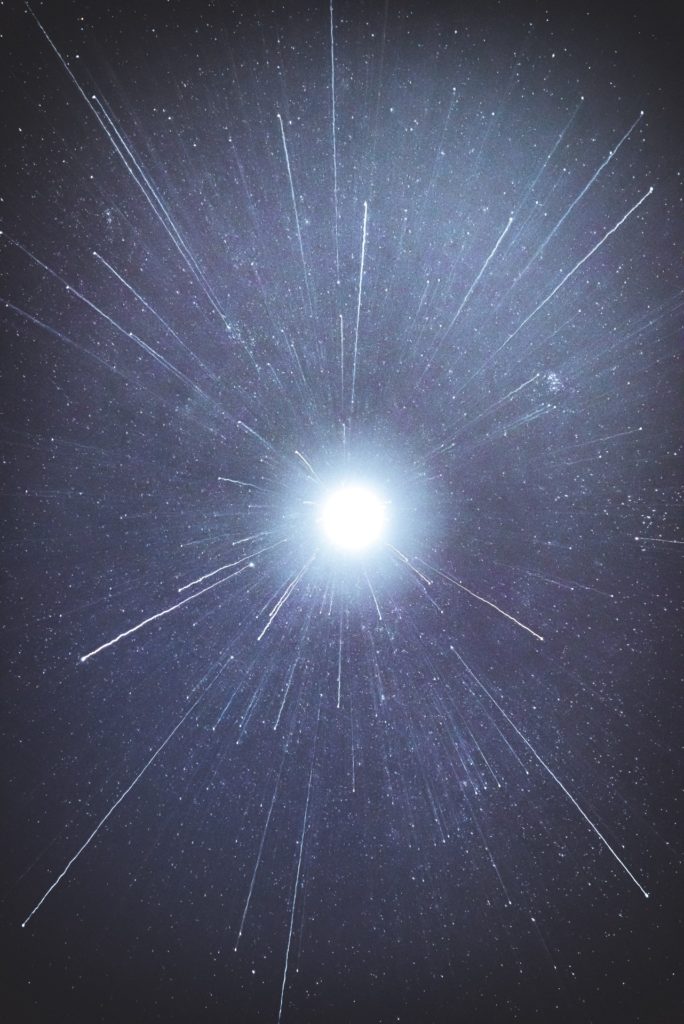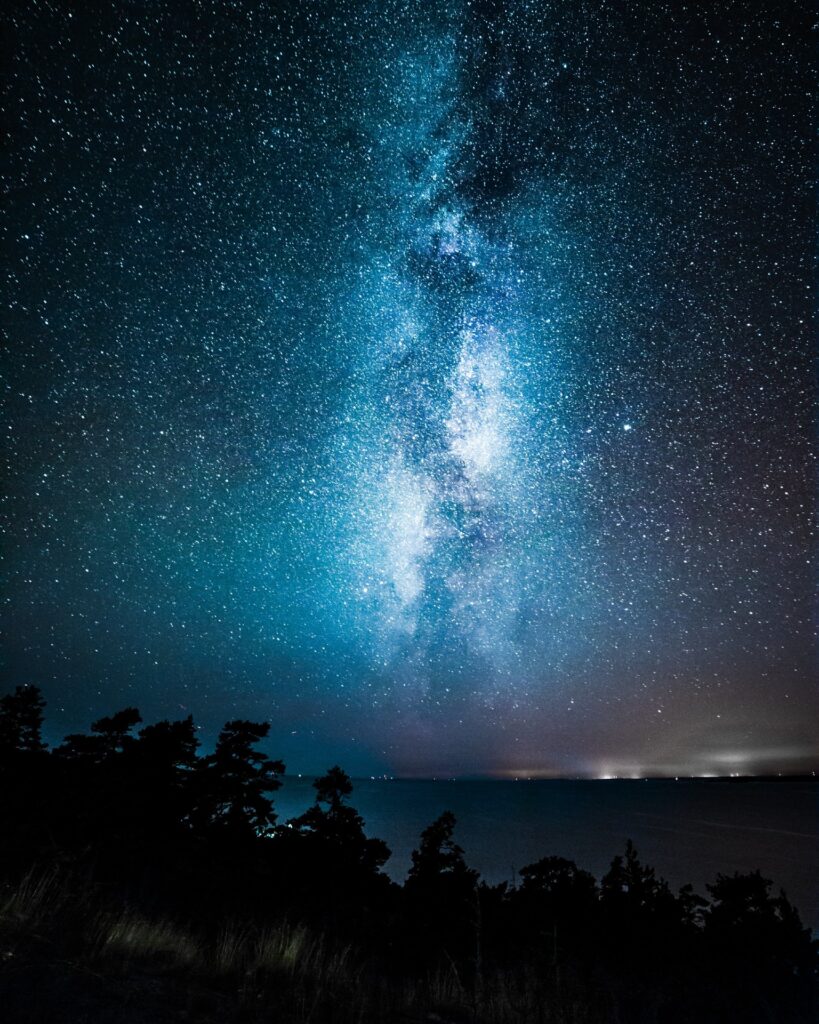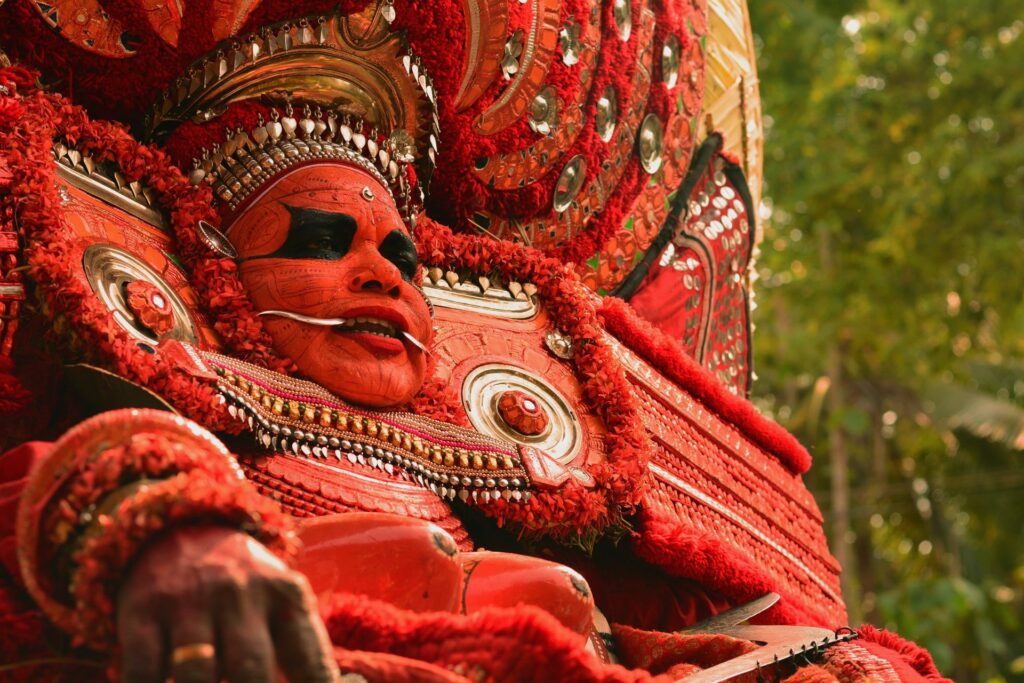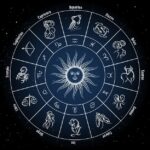Everyone knows Western Astrology- Zodiacs, Ascendants, the planets associated with- it’s mainstream! But what about Vedic Astrology?
Whether you are a hater, a believer, or a casual internet surfer, you cannot deny that the study of the stars is fascinating.
And admit it, you KNOW it makes sense! No matter how much you deny it, the stars will always speak their truth.
But before this mainstream astrology even came into being, there was one that had existed. It was present even before the Greeks even had their so-called Classical Period.
Meet Vedic Astrology, or as its practitioners call it: Jyotish.
This ancient art of studying the stars has developed over thousands of years. Amazingly, it is still central to many modern people’s lives today.
What is Vedic Astrology?

Vedic Astrology is the widely used name of the astrological tradition with close links to the Hindu religion. Its name in Sanskrit, though, is Jyotish or “the science of light.”
As its name suggests, Jyotish puts importance in the light that celestial bodies emit. Like Western Astrology, it believes that the heavens play a role in shaping an individual’s life.
But unlike Western Astrology, Jyotish is not a hotpot of different astrological traditions. Instead, it is innately tied with one of the world’s most ancient religions.
Scholars point to the ancient Hindu texts of the Ramayana and Mahabharata as evidence of Vedic Astrology being in use for millennia. But the name “Vedic” came from the Vedas or the holy scriptures in Hinduism.
In these holy texts, academics found that astrology is (almost) synonymous with the Hindu religion itself. As the home of the gods, the heavens influence whatever happens here on earth.
Western Astrology has only experienced resurgence only recently. Meanwhile, Jyotish has enjoyed the same reputation level for thousands of years.
Modern Hindus consult astrologers for good dates to hold large events such as weddings. They even consult when choosing favorable names for newborns, even possible career choices!
In India, some universities offer degree programs in Vedic Astrology. One of the more well-known is the Banaras Hindu University, known as one of India’s most prestigious universities.
This is a fantastic feat for a country that is among the world’s top scientific innovators.
It only speaks how they managed to fuse tradition and modernity. This ensured the survival of Indian culture in the face of a changing world.
How is Vedic Astrology different (or similar) to the Western one?

The significant difference between the Vedic and Western traditions lies on their basis.
Of course, they both rely on heavenly bodies (duh). But which ones significantly differ between the two.
In Western Astrology, the sun is the primary basis of predictions, readings, and everything else. This means that celestial bodies’ positions relative to their positions with the sun are calculated.
The Vedic tradition chooses a more “reliable” option: the stars themselves. Both astronomy and astrology call this sidereal.
This means that the stars’ permanent positions are the ones calculated by Jyotish astrologers. They take into account the seasonal tilting of the earth, called equinoxes, to ensure accuracy.
Indeed, the 12 Zodiac system is also in place in Vedic Astrology.
Nowadays, even Indian astrologers themselves use the Greek naming of the signs. This makes things easier to understand for non-speakers of Sanskrit.
But there’s a catch: Vedic Astrology does not (mostly) agree with the signs that people identify themselves with.
The Jyotish calculations say that most people are actually born in the zodiac immediately preceding their Western sun sign.
Sounds confusing? Let’s break it down:
Say you were born under the sun sign (your Zodiac under Western Astrology) of Taurus. But it turns out that under the Vedic tradition, you are actually an Aries!
How did that happen? Two answers: equinoxes and fixed dates.
As explained earlier, the equinox is the tilting of the earth. During winter in the Northern Hemisphere, the planet tilts away from the sun.
The Southern Hemisphere then inclines towards the sun, making it summer in that part of the world. The reverse happens during summer in the North, and winter in the South.
This results in discrepancies in Western astrological computations that use fixed dates based on the sun in use today.
On the other hand, Jyotish astrologers and astronomers are very precise. They use sidereal computations to adjust calendar days (ever wonder why there’s a leap year?) and ensure that the seasons align with their regular occurring periods.
As a result, Western and Vedic Zodiacs are off with each other by roughly 24 degrees. This is a consequence of decades of non-adjustment of the Western Zodiac.
For Vedic practitioners, then, it emphasizes how Jyotish is highly tailored to a person’s life. Some even go so far as calling it the “real” Zodiac!
(Side note: all astrological traditions are equal in integrity and reliability. Choose or fuse them to your liking!)
Yet, there are also similarities between Western and Vedic astrological traditions.
The most notable of all is the use of the birth or natal chart. While the placements that a person has may not be the same for both traditions, the general concept remains the same.
Having astrological houses, Ascendants, among others, is a shared feature between the two. All the planets in our solar system also have meaning and purpose in both the Jyotish and Western traditions.
But are there things that are wholly Vedic?

There are so many of them that it would be difficult to list them all down! But there is one concept that stands apart from the rest: reincarnation.
Again, Jyotish ties in with Hinduism. Thus, it is safe to assume that their goals are one and the same.
What then are these motivations? Well, these are Dharma (duty), Artha (wealth), Kama (emotional security), and of course, Moksha (salvation).
They often pair with the three attributes of nature: Tamas (immobility), Sattva (harmony), and Rajas (movement). They then combine to give a glimpse of what a Zodiac is all about.
Here’s a quick rundown of them all:
Aries: Tamasic Dharma (immobile and dutiful)
Taurus: Rajasic Artha (restless and wealthy)
Gemini: Sattvic Kama (harmonious and emotional)
Cancer: Rajasic Moksha (restless and unifying)
Leo: Rajasic Dharma (restless and dutiful)
Virgo: Sattvic Artha (harmonious and wealthy)
Libra: Rajasic Kama (restless and emotional)
Scorpio: Tamasic Moksha (immobile and unifying)
Sagittarius: Sattvic Dharma (harmonious and dutiful)
Capricorn: Tamasic Artha (immobile and wealthy)
Aquarius: Tamasic Kama (immobile and emotional)
Pisces: Sattvic Moksha (harmonious and unifying)
If you’ve noticed, the Dharma- Artha- Kama- Moksha pattern repeats itself. Hindus believe that fulfillment should be step by step and holistic.
It is also important to note that the descriptors of each Zodiac are not strictly their features. Rather, it is what a person should be aiming for to achieve overall balance.
Reincarnation is also an essential concept in this astrological tradition. It was discussed in the article for past lives [insert link on past lives here].
But to summarize, we are all born with souls that have existed since the beginning of time.
These souls then enter different living entities to receive spiritual enlightenment.
Because of this, we can expect ourselves to be born and reborn with various Zodiac signs as we learn to make our way through this earthly life.
If we were good (and lucky), we’d be able to make our way through Aries to Pisces in no time (read: a few millennia) at all.
If we were not, well, we could go back to being an ant or a flower, or something else entirely. Our enlightenment could get delayed by our evil deeds and unfulfillment of our Zodiac goals!
Have plans to delay your enlightenment? Tough luck!
Hindus believe in Naraka, a place comparable to Dante’s Inferno. Torture and suffering await those who do not make a conscious effort to achieve betterment for their souls.
Souls are punished according to the gravity of their mistakes. Unlike the Inferno, which only consists of 9 rings, Naraka consists of 28, with each level worse than the last one.
But of course, this is temporary. After your incarceration, you have another chance to be reborn and have a fresh start.
Just don’t expect to be reborn in a high position, though. You weren’t nice when you were living, so don’t expect 5-star rebirth treatment too.
For good people, they are sent to Svarga or heaven. They get a few years to chill out and plan for their next moves before getting reborn again.
It is thus essential to consult Vedic astrologers to know your precise standing in the present life. After all, you cannot charge ahead to your future without going in the right direction.
Vedic Astrology is interesting, but I’m attached to the Western one…
It is understandable how people are very much into the Western tradition. Because it mostly uses the English language, it caters to various audiences, as long as they could understand even basic English.
Not to mention, globalization made it easier for Western Astrology to reach the far side of the world. Anyone can practice the tradition, no matter their background.
But you don’t have to freak out! Astrology is very flexible and can adjust to your needs.
Astrologers diligently study every available tradition and fuse them to their liking. Some practitioners do the same to help them fully understand what the heavens have in store for them.
For example, the concept of reincarnation is deeply Vedic. However, it is also widely used in Western Astrology as a way of reconciling the two traditions and deepen the links between the two.
Others even compare the predictions of both Western and Jyotish traditions. Rather than contradict, they mostly harmonize and aid in a much more in-depth knowledge of the self and the world.
With these, you will have a better understanding and appreciation of both the cosmos and your soul.
Closing Thoughts
It is now easier to understand how Vedic Astrology was able to withstand the test of time. The use of precise mathematics and enduring faith in its reliability are its core foundations.
The lessons it has taught generations of practitioners are still worth knowing today. If anything, it has become even more relevant as it changes along with our universe’s movements.
But, Jyotish is not definitive of your fate.
It may tell you of your past, your goals for the future, and the path you must take in the present. The final act, though, always depends on you.
You are born with a free will and an intelligent mind. Everything that happens to you and your soul is a consequence of your actions.
In the end, the ultimate goal is to find peace with yourself and with others. Therefore, it is wise to channel the wisdom you have accumulated for billions of years and translate it to your betterment.
No one owns your soul, but you. Whatever your body that you are currently in, make the best out of it.

